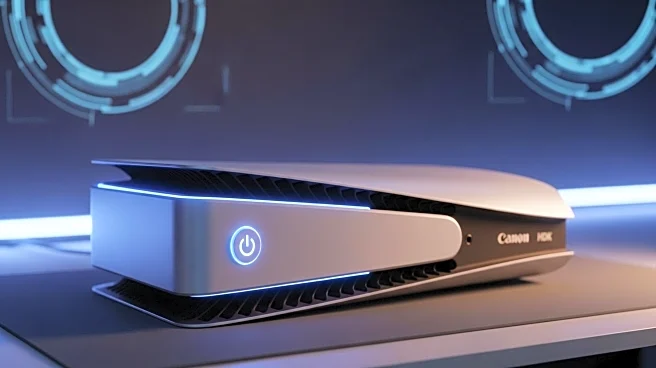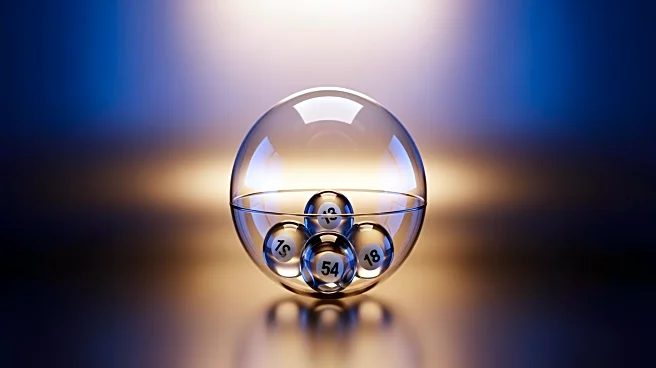What's Happening?
Nintendo has issued an official statement in response to the controversy surrounding OpenAI's Sora 2 app, which has generated videos featuring copyrighted characters, including those owned by Nintendo. OpenAI CEO Sam Altman announced that the company would provide rights holders with more granular control over character generation, allowing them to specify how their characters can be used. This comes after social media was flooded with videos depicting licensed characters like Mario and Pikachu. Altman described these videos as 'interactive fan fiction' and acknowledged the need for changes following feedback from users and rights holders.
Why It's Important?
The controversy highlights the ongoing challenges of intellectual property rights in the age of generative AI. Nintendo's response underscores the importance of protecting copyrighted characters, which are valuable assets for companies. The situation raises questions about the legal implications of AI-generated content and the potential for copyright infringement. OpenAI's decision to offer more control to rights holders could set a precedent for how AI companies handle intellectual property concerns, impacting the broader tech industry and creative sectors.
What's Next?
OpenAI plans to implement changes to its platform, allowing rights holders to decide how their characters can be used, which may include compensation for those who permit their characters to be generated. The company will need to navigate legal challenges and ensure compliance with intellectual property laws. Nintendo and other companies may continue to monitor the situation and take necessary actions to protect their rights. The evolving landscape of AI-generated content will likely prompt further discussions and potential regulatory measures to address copyright issues.









